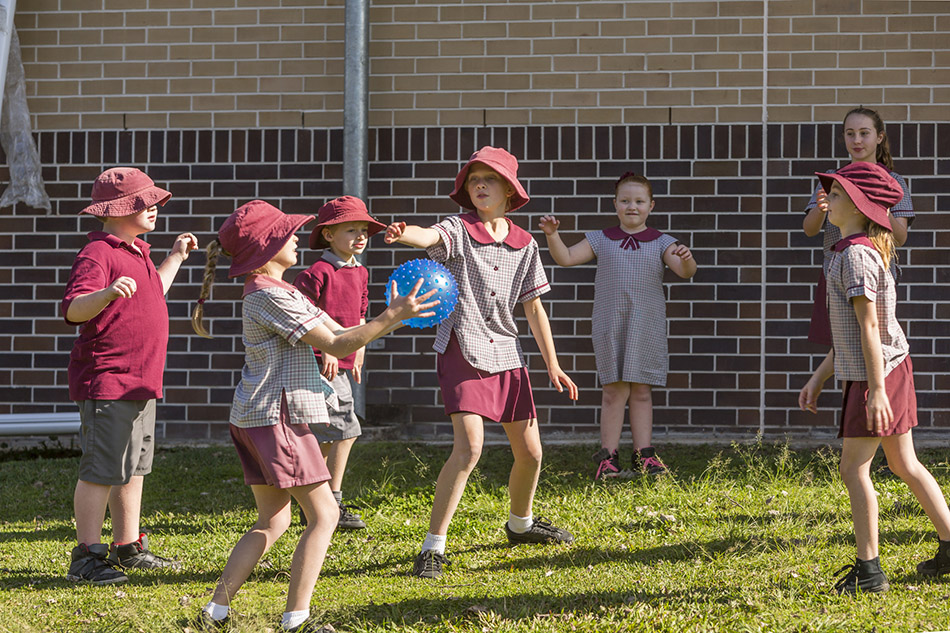
Getting active can help children have better lifelong health and wellbeing and do their best at school. As a teacher, you can support your students to develop habits that help them thrive.
We’ve compiled some helpful resources you can use to prepare and teach movement skills as part of the Personal Development, Health and Physical Education (PDHPE) learning area.
Resources for teaching movement skills
Fundamental movement skills activity cards
Helping children learn fundamental movement skills is an important step toward lifelong physical activity. Download and print the complete set of FMS activity cards with skill component teaching points to support your lessons.
Fast Start activity cards
The Fast Start activity cards support teachers to provide students with an opportunity to engage in moderate to vigorous physical activity within the first few minutes of a lesson.
More resources for teachers
Support to help NSW schools and teachers implement physical activity programs
Live Life Well @ School
Live Life Well @ School supports NSW primary schools to help students build healthy eating habits and get active more often. Get help from a dedicated local Health Promotion Officer (HPO) to put nutrition and physical education programs in place at your school.
The Premier's Sporting Challenge
The
NSW Premier's Sporting Challenge encourages young people to get involved in sport and lead healthy, active lives. The 10-week Challenge aims to get more students, more active, more often.
School Sport Unit
The
School Sport Unit offers a variety of sport and physical activity programs, resources and guidance for NSW public schools. This includes teaching resources to help schools meet the mandated weekly requirements for sport and physical activity, provide opportunities for students with disability and information on representative school sport.
Sport Australia
Sporting Schools is an Australian Government initiative designed to help schools get children involved in sport. Primary teachers can register for the
free Physical Education (PE) essential skills course to help build skills and confidence to deliver purposeful and engaging PE.
Jump Rope for Heart
The Heart Foundation’s
Jump Rope for Heart helps children get active while having fun and helping others.
Government physical activity guidelines
Find evidence-based guidance about sleep, sitting time and physical activity in the Australian Government’s
24-hour movement guidelines for children and young people.